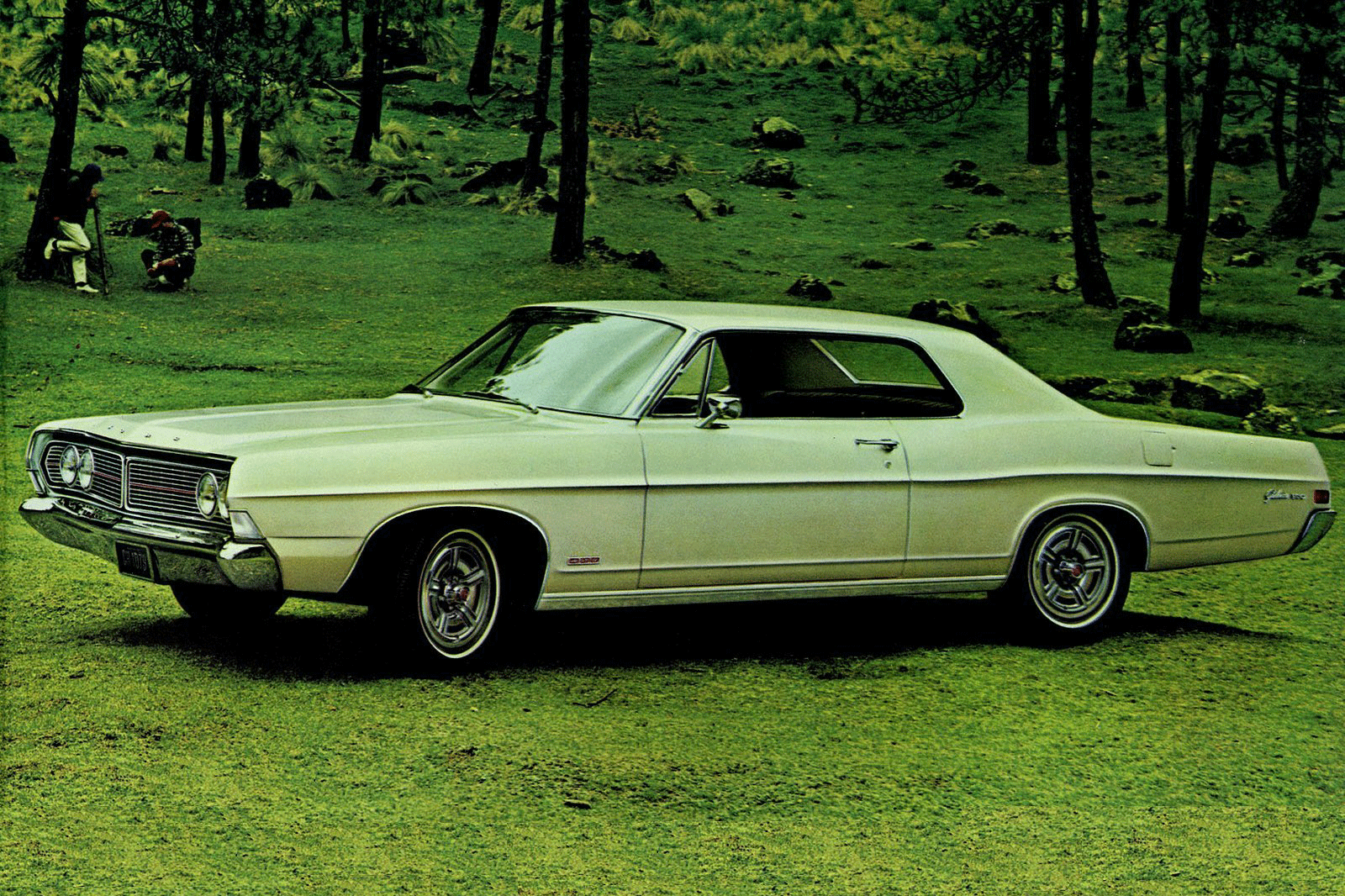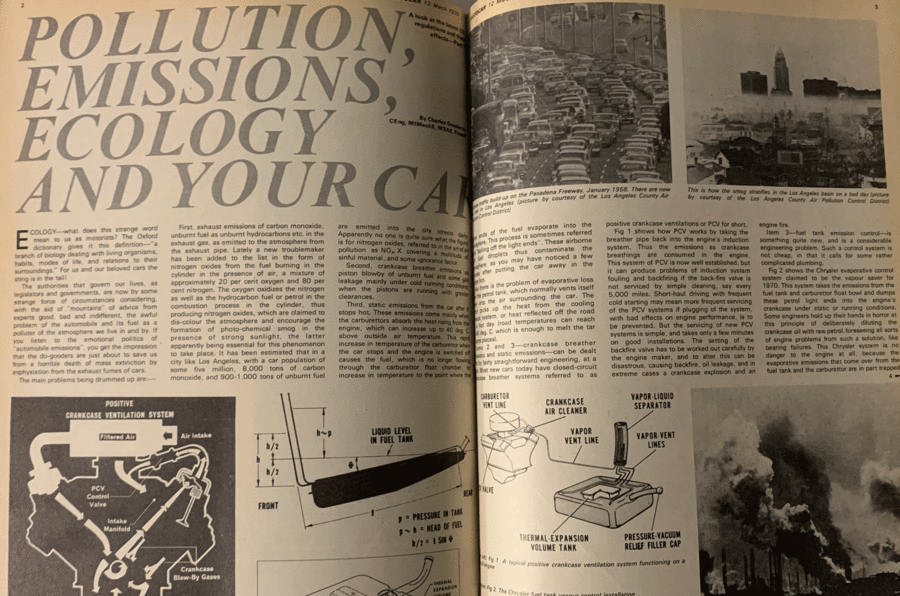The New York Times recently wrote that “friendly generational relations” have broken between Gen Z and their elders. Indeed, it’s easy to apply blame for issues now present – above all, climate change.
One could certainly point an accusatory finger our way. In 1970, Autocar editor Peter Garnier called the emissions standards introduced in California to combat smog a “hoohah” with “very limited relevance to the rest of the world”.
Worry had been sparked in the city of Los Angeles due to the frequent occurrence of photochemical smog in the presence of strong sunlight, attributed to vehicular emissions of nitrogen oxides (NOx).
Facing pressure over the issue, US president Richard Nixon announced future plans to control exhaust emissions even further – "to such an extent that before long, the internal combustion will not be able to comply".
"Suddenly, the world has become acutely conscious of the uncontrolled pollution of the environment by waste products of our own inventiveness," responded Garnier. "So much is so that in 1970, European Conservation Year, an extensive effort is being made to get this under control before it is too late. A tiny facet of all this is the pollution of the atmosphere, brought to a head by the extraordinary and almost one-off geographical circumstances of Los Angeles.
"In a peculiar, emotional wave of worldwide publicity, this purely local problem has been thrust upon the car manufacturers who have been forced by the US government to modify engine design. Now, no car may be sold anywhere in the States unless it complies with very stringent standards governing its exhaust and other emissions. Reluctantly, we accept this as a fait accompli."

Garnier continued: "For too long already, the motor industry has taken the blame for, and paid for the research to reduce, pollution. In January, the president of General Motors [GM], Edward N. Cole, tossed the political ball into the petroleum industry's court, by calling in effect for the lead additives to be taken out of petrol, as this would cause 'a reduction in hydrocarbon emissions of about 40-100 parts per million'.











Join the debate
Add your comment
Oh dear.
Oh dear.
This is not 'the landscape of scientific understanding' in 1970 but the rantings of people who refused to accept the emerging science. It's like quoting Trump and claiming he represents thinking on climate change in 2019.
One of the most shameful episodes in the history of Big Oil was the addition of lead additives to fuel. There was enough evidence to suggest it was a bad idea at the time, never mind 50 years later when the rest of us realised just how harmful it could be.
Just imagine if we had taken the science more seriously in 1970 eh? We would be in a much, much better place now.
No change then...
So even back then people were pretending there wasn't a problem, and instead insisting that it was all a big political and moneymaking scam despite clear evidence.
Not much changes.